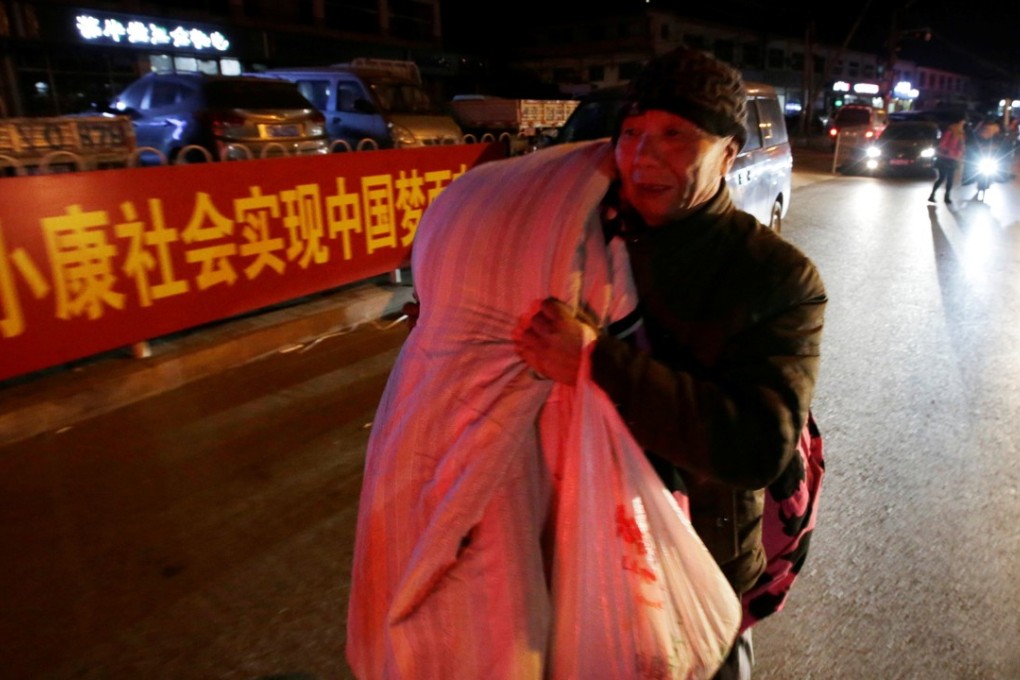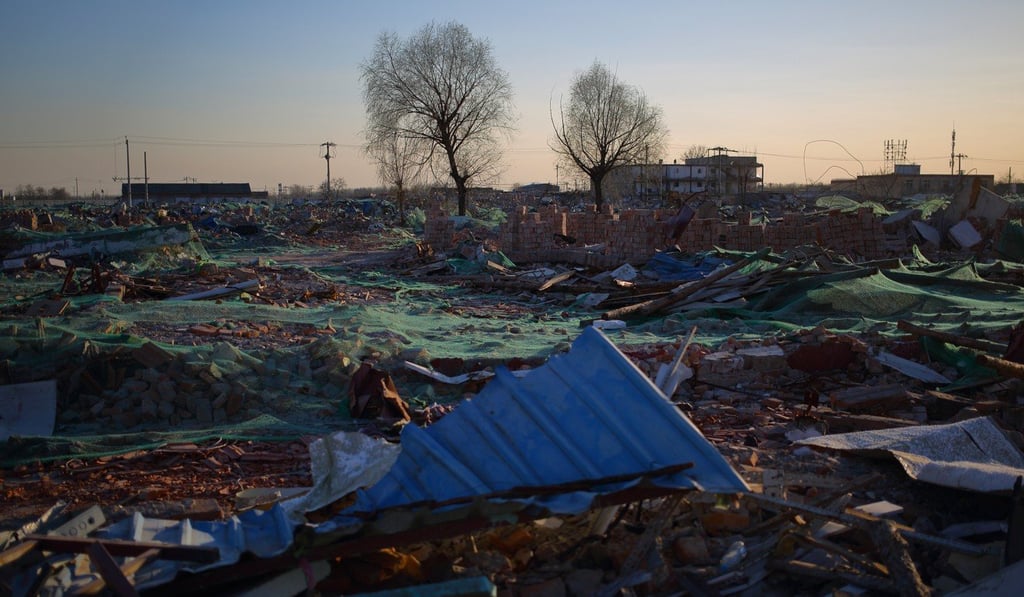How the mass eviction of migrant workers has left Beijing reeling
Although the pace of the demolition has slowed for now, many of the city’s poorer residents fear they will be frozen out in future

Zhang Jun was lucky. Evicted from his rented hut in the east of Beijing, the electrician from Anhui province managed to find a flat in the same village in Chaoyang district.
Zhang now has a new home in the same area, at an affordable rent of 1,000 yuan (US$150) a month.
But for Zhou Xiaoyun, who has sold steamed buns, fruit and vegetables in Daxing for the past 10 years, finding a new place for her family to live, and for her to work, has not been so easy – her husband is still looking. She said they had been evicted along with all of her neighbours in the village of Haizijiao.
“Our electricity has been cut off and we haven’t had any running water for a week,” Zhou, who has three young children, said. “I’m too upset to sleep or eat properly. I cry whenever I think about it. This is my home and for all I know it will soon be gone.”

The authorities moved swiftly after the blaze ripped through a three-storey block of flats packed with migrants last month. Many of the city’s neighbourhoods where migrant workers live have already been cleared as part of the safety crackdown. Xinjian, for example, another village in Daxing, was reduced to rubble within a week, and any illegal buildings deemed unsafe were cleared and sealed off.